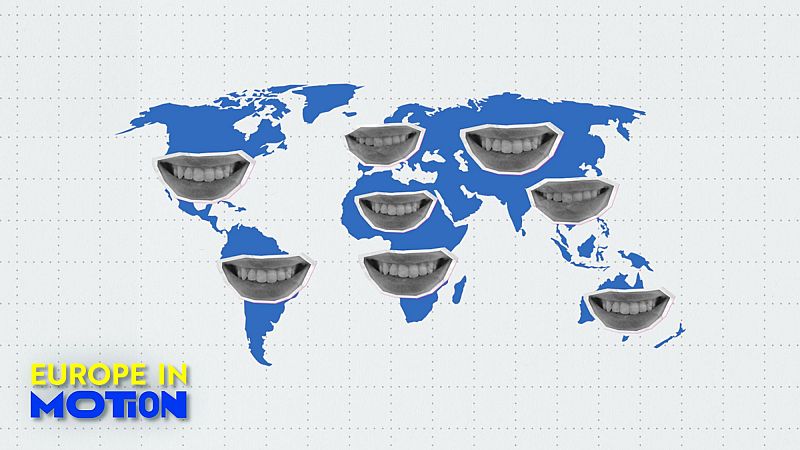Which Countries Are the World's Happiest Today? Five EU Nations Make the Top 10

For the eighth successive year, Finland has topped the list as the planet's happiest nation, as indicated by the World Happiness Report 2025.
Specialists point out accessibility to natural environments and robust social support systems as key elements.
This is followed by Denmark, Iceland, and Sweden.
These nations consistently achieve top rankings in indicators such as social support, trust, and general well-being.
The World Happiness Report polled over 100,000 individuals across 140 nations and regions.
"Finland’s happiness doesn’t stem from unending euphoria but rather from a feeling of safety, trust, and equilibrium in everyday living. This contentment arises from the assurance that assistance will be available whenever required—be it via robust societal measures, superior educational systems, or proximity to natural spaces," stated Miika Mäkitalo, CEO of HappyOrNot , a Finnish firm assisting companies in assessing customer contentment.
Mäkitalo added: “In our society, we prioritize equality and sustainability, fostering an atmosphere where individuals can find support and flourish. By implementing policies like extensive parental leave and accessible childcare, we guarantee that families enjoy not only economic stability but also sufficient time to bond with their offspring, underscoring a broader dedication to overall wellness and achieving harmony between professional duties and personal life.”
Eating together and having someone to count on
Communities where individuals often have communal meals tend to exhibit greater levels of happiness and stronger social support networks.
Among European Union countries, Poland stands out as the sole nation featuring in the upper echelon, boasting over ten communal meal occasions each week on average.
In contrast, Estonia sits at the bottom of the list, with residents reporting an average of just 2.7 shared meals each week.
Individuals residing solo likewise report lower happiness levels.
In European households, families consisting of four to five individuals report experiencing the greatest degrees of contentment.
Nevertheless, loneliness amongst younger individuals is increasing, with 19% stating they have nobody to depend on — this marks a 39% rise from 2006.
A lot of young adults undervalue their contemporaries' understanding and compassion, causing them to refrain from forming connections and losing chances for significant interpersonal bonds.
During the COVID-19 pandemic, acts of kindness rose and have stayed 10% higher than before the pandemic.
It seems that donating and volunteering occur more frequently in Central and Eastern Europe, whereas sharing tangible assets is more prevalent in Western Europe.
This year’s report encourages us to move past conventional factors such as health and wealth. Surprisingly, enjoying shared meals and having trust in others appear to be far more significant indicators of happiness than previously thought,” stated Jan-Emmanuel De Neve, who leads Oxford’s Wellbeing Research Centre and serves as an editor for the World Happiness Report. “Amidst today’s conditions of social distancing and political division, we must discover methods to reunite individuals at dining tables—this step is essential for both personal and communal well-being.”

Post a Comment for "Which Countries Are the World's Happiest Today? Five EU Nations Make the Top 10"